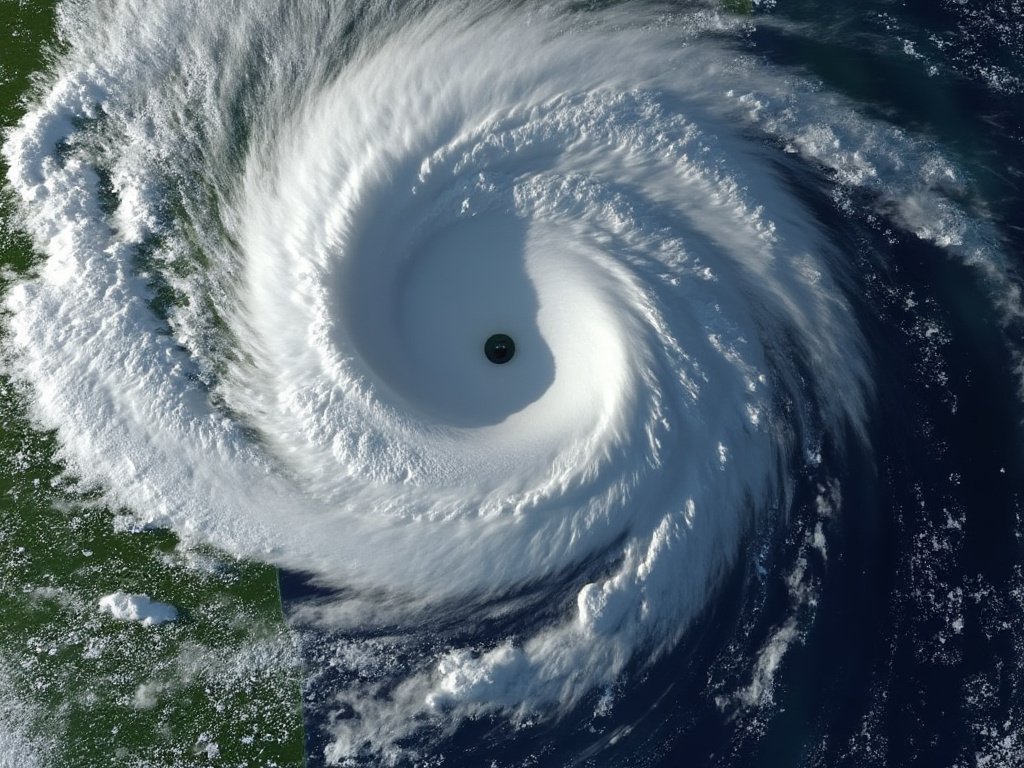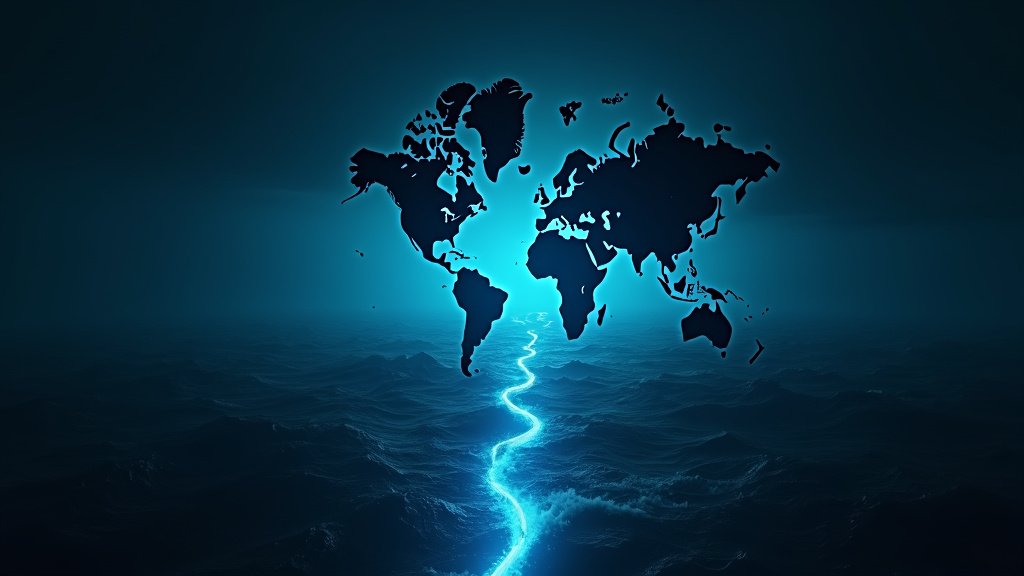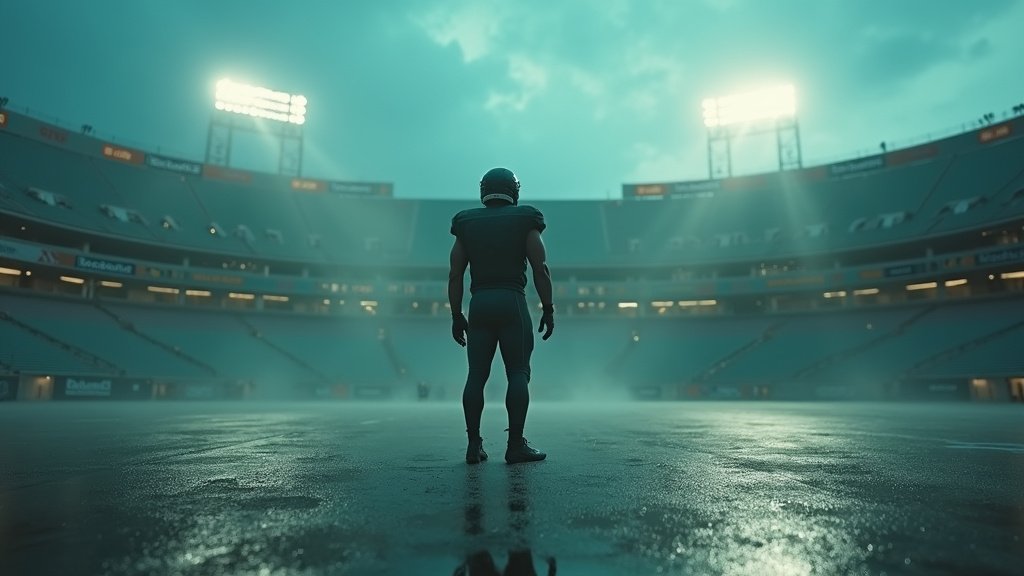Miami is one of the most beautiful places in the world, but living in paradise comes with its challenges. As a coastal city, Miami is no stranger to hurricanes. Each year, from June to November, South Florida residents are on high alert for the Atlantic hurricane season. It’s crucial to be ready because when a major storm hits, preparation can make all the difference. This article will walk you through how to build the ultimate hurricane preparation kit, and offer expert advice on what to do if you live in Miami when a hurricane is coming.
Understanding the Importance of Hurricane Preparation
In Miami, hurricane season is not something to take lightly. The city has experienced some of the most devastating storms in U.S. history, including Hurricane Andrew in 1992 and Hurricane Irma in 2017. These events left behind widespread destruction and long-lasting impacts. Many Miamians learned the hard way how critical it is to be ready long before the first warning is issued. Having a plan and a well-prepared kit isn’t just a recommendation — it’s essential for survival.
When the winds pick up, power lines fall, and roads flood, it’s too late to start gathering supplies. You need to have everything ready to go before the storm arrives, especially in a city like Miami, where evacuation routes quickly become clogged, and store shelves empty fast.
Building the Ultimate Hurricane Preparation Kit
One of the most important steps in preparing for hurricane season in Miami is building a hurricane preparation kit. This kit should have everything you and your family might need to survive for at least 72 hours without outside assistance. Here’s what to include:
1. Water and Non-Perishable Food
- Water: FEMA recommends at least one gallon of water per person per day for at least three days. In Miami’s heat and humidity, you may want to stock up for a week if possible.
- Non-perishable food: Canned goods, dry snacks, and energy bars are ideal. Ensure you have enough to feed each family member for at least three days, but more is better.
2. First Aid Kit
A well-stocked first aid kit is crucial. Miami’s hospitals may be overwhelmed, or access to medical care could be limited during a hurricane. Your first aid kit should include:
- Bandages, gauze, and adhesive tape
- Antiseptic wipes and ointment
- Scissors, tweezers, and gloves
- Over-the-counter pain relievers (ibuprofen, acetaminophen)
- Prescribed medications (at least a week’s supply)
- Any necessary medical equipment (such as inhalers, insulin, etc.)
3. Emergency Power Sources
- Flashlights: Have at least one per person, and don’t forget extra batteries.
- Battery-powered or hand-crank radio: This will keep you informed if the power goes out.
- Portable chargers: Keep your phones and other devices powered as long as possible with backup battery packs.
4. Sanitation and Hygiene Products
Sanitation conditions can deteriorate quickly after a hurricane. Be sure to include:
- Wet wipes and hand sanitizer
- Feminine hygiene products
- Garbage bags and plastic ties for personal sanitation
- Moist towelettes, paper towels, and toilet paper
5. Tools and Supplies
Your hurricane preparation kit should also contain tools and other practical supplies that can help you stay safe and repair damage after the storm passes:
- Multi-tool or a basic toolkit (hammer, pliers, wrenches)
- Waterproof matches or a lighter
- Duct tape and plastic sheeting (for quick window repairs or leaks)
- A manual can opener (for all that canned food)
- Rope or bungee cords
6. Important Documents
Gather important papers in a waterproof container. These include:
- Insurance policies (homeowners, renters, flood insurance)
- Personal identification (passports, Social Security cards, birth certificates)
- Bank account records and any legal documents
7. Personal Comfort and Safety Items
- Clothing: Pack durable, weather-appropriate clothing, especially if evacuation is necessary.
- Blankets or sleeping bags: Hurricanes often knock out power, leaving homes uncomfortably cold at night.
- Cash: ATMs and credit card machines may be down for several days after a storm.
8. Special Items for Babies and Pets
If you have infants or pets, your hurricane kit should also account for their needs:
- Baby formula, bottles, diapers, and wipes
- Pet food, water, and any necessary medications
- Leash, collar, and pet carriers (in case evacuation is necessary)
What to Do Before a Hurricane Hits
With your hurricane kit in hand, it’s time to turn your attention to the next critical step — preparing your home and planning for what you’ll do when a storm is imminent. In Miami, the first 24 to 48 hours before a hurricane makes landfall are crucial. Here’s what you should do:
1. Secure Your Home
Miami’s hurricane building codes are among the strongest in the nation, but that doesn’t mean your home is invincible. Take these measures to protect it:
- Install storm shutters: If you don’t have shutters, plywood can be a quick, if less reliable, alternative. Cover all windows and glass doors to prevent shattering.
- Secure outdoor items: Anything left outside can become a dangerous projectile in high winds. Bring in patio furniture, grills, and plants.
- Trim trees and bushes: Cut back any dead or weak branches that could fall and damage your house or a neighbor’s.
- Inspect the roof and gutters: Clear your gutters of debris and make sure your roof is in good condition. Water intrusion from a damaged roof can cause catastrophic damage.
2. Check Your Insurance Coverage
Living in Miami means you probably already have some form of hurricane insurance, but don’t wait until the last minute to review your policy. Standard homeowners insurance may not cover flood damage, which is common during hurricanes. Make sure you have flood insurance, which often requires a 30-day waiting period to take effect.
3. Plan for Evacuation
Miami-Dade County issues evacuation orders based on the severity of a storm. If you live in a low-lying or coastal area, there’s a good chance you’ll need to evacuate. Here’s how to prepare:
- Know your evacuation route: Miami’s evacuation routes are clearly marked, but they can become gridlocked quickly. Plan multiple routes to safety.
- Identify shelter options: If you don’t have family or friends inland, look up the nearest shelters. Miami has pet-friendly shelters, but they fill up fast, so plan accordingly.
- Pack a “go-bag”: Your go-bag should contain all the essentials for a quick evacuation, such as clothing, food, water, and important documents.
4. Stay Informed
The Miami media landscape has excellent resources to keep you informed leading up to and during a storm. Local TV stations like WPLG Local 10, WSVN 7, and NBC 6 provide around-the-clock coverage. Additionally, you can sign up for Miami-Dade County’s emergency alerts to receive real-time updates.
During the Storm: How to Stay Safe
When a hurricane hits, you’ll need to take immediate action to protect yourself and your family. Here’s what to do:
1. Stay Indoors
Hurricanes are dangerous storms with high winds, heavy rain, and the potential for tornadoes. The safest place to be is indoors, away from windows. Here’s what you should do:
- Stay in a windowless room: The center of your home is usually the safest spot. A bathroom or closet on the first floor works best.
- Don’t go outside: Even if the winds die down, the eye of the storm could be passing over, and the winds will return stronger.
- Turn off utilities if instructed: In Miami, hurricanes often lead to power outages, water shortages, or even gas leaks. If you’re advised by local authorities to shut off your utilities, do so quickly.
2. Monitor Weather Reports
Keep your battery-powered radio or mobile device charged to stay updated. Local news stations and the National Hurricane Center provide frequent updates. Miami’s proximity to the ocean means that storm surges and flooding can change rapidly, so staying informed is critical.
3. Be Prepared for Power Outages
Miami residents know all too well that power outages are common during hurricanes. In fact, outages can last days or even weeks. If the power goes out:
- Unplug electronics: To avoid damage when the power is restored, unplug major appliances and devices.
- Use generators safely: If you have a generator, never use it indoors or near windows. Generator exhaust contains deadly carbon monoxide, which can build up quickly in enclosed spaces.
After the Storm: Recovery and Cleanup
Once the storm passes, the dangers aren’t over. Miami’s heat and humidity, combined with the potential for widespread flooding, can make post-hurricane recovery challenging. Here’s how to navigate the aftermath:
1. Stay Indoors Until it’s Safe
Even after the storm passes, there could still be hazards like downed power lines, flooded roads, and debris. Wait for local authorities to give the all-clear before venturing outside.
2. Assess Damage and Report Issues
Once it’s safe, carefully inspect your home for damage. Be mindful of:
- Structural damage: Look for cracks in the walls, roof, or foundation.
- Water damage: Flooding is common in Miami after hurricanes. If your home has standing water, avoid using electrical appliances or outlets.
- Downed power lines: Never approach or touch a downed power line. Report any to Florida Power & Light (FPL) immediately.
3. File Insurance Claims
Document all the damage with photos and videos before you start cleaning up. Contact your insurance company as soon as possible to start the claims process. Keep in mind that many other Miami residents will also be filing claims, so be prepared for potential delays.
Conclusion
Living in Miami means you need to be ready for hurricane season every year. Building a comprehensive hurricane preparation kit and knowing what to do before, during, and after a storm can save lives. The key to surviving a hurricane isn’t just luck — it’s preparation.
As a Miami journalist who has lived through multiple hurricanes, I can’t stress enough the importance of having a plan in place. With the right knowledge and preparation, you can weather the storm and protect what matters most.
Stay safe, Miami.





